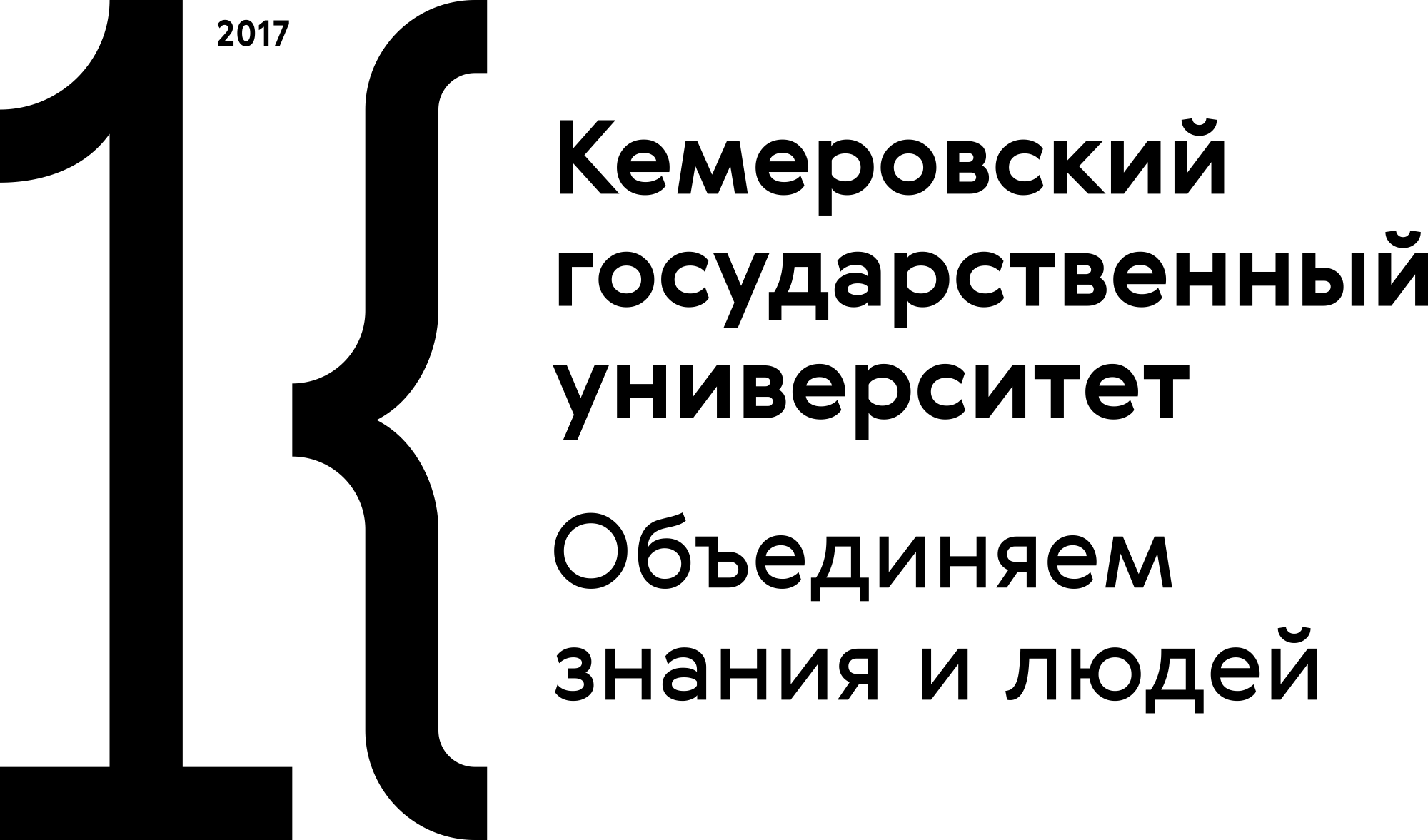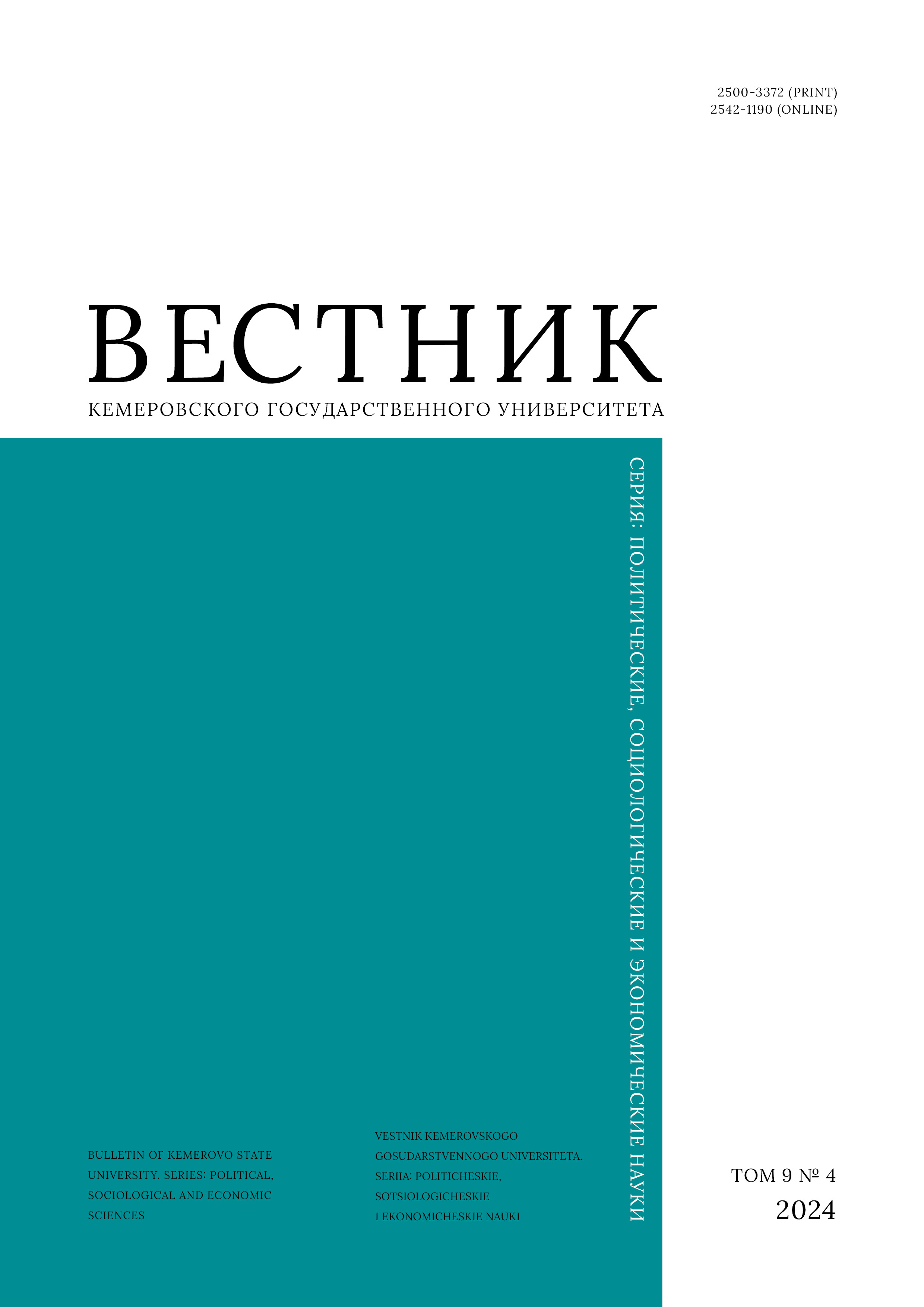Kaluga, Kaluga, Russian Federation
Moscow, Moscow, Russian Federation
Moscow, Moscow, Russian Federation
Voronezh, Voronezh, Russian Federation
UDC 338.1
UDC 338.2
UDC 339.9
As the global political landscape keeps changing, digital development becomes even more important for the BRICS integration. The article describes the benefits of digitalizing the economic systems of the BRICS countries, as well as outlines the opportunities of strengthening their digital potential. The authors analyzed the current dynamics of the digital development in the BRICS countries and assessed the ability of digital technologies to compensate for the negative impact of the COVID-19 pandemic on the BRICS economy. They used a set of standard research methods combined with economic, statistical, and graphic analyses to identify the main integrative directions between the countries that may improve their digital potential. The pandemic widened the gap between Internet use in urban and rural areas but diversified it as e-commerce continued to grow and more and more public services went digital. China and India increased their exports of information and communication goods and services. The article contains some ideas on strengthening the intra-integration cooperation between the BRICS countries in order to expand their digital potential. The indicators of digital development in all BRICS countries increased after the pandemic, and the integration proved effective as a new center of influence in the global economy.
digital technologies, digitalization, digital development, digital infrastructure, opportunities, pandemic, BRICS
1. Vial G. Understanding digital transformation: A review and a research agenda. The Journal of Strategic Information Systems, 2019, 28(2): 118–144. https://doi.org/10.1016/j.jsis.2019.01.003
2. Karpunina E. K., Zabelina O. V., Lupacheva S. V., Mirzabalaeva F. I., Alieva P. R. Assessment of interregional divides in digital development as a basis for the policy of overcoming Russia’s digital lag. International Journal of Technology Policy & Management, 2023, 23(2): 148–169. https://doi.org/10.1504/ijtpm.2023.131373
3. Digital transformation of economic systems: New opportunities and risks, ed. Karpunina E. K. Moscow: Ruscience, 2022, 273. (In Russ.) https://elibrary.ru/qjrqln
4. Kochyan G. A., Borshchevskaya E. P., Ponomarev S. V., Magomaeva L. R., Lavrikova N. I. Assessing the digital divide in OECD and BRICS countries: Implications for public policy. International Journal of Technology, Policy & Management, 2024, 24(3): 285–302. https://doi.org/10.1504/IJTPM.2024.139453
5. Karpunina E. K., Magomaeva L. R., Kochyan G. A., Ponomarev S. V., Borshchevskaya E. P. Digital inequality and forms of its appearance: A comparative analysis in the OECD and BRICS countries. Innovation management and information technology impact on global economy in the era of pandemic: Proc. 37 IBIMA Conf., Cordoba, 30–31 May 2021. IBIMA, 2021, 1028–1039. https://elibrary.ru/kejumr
6. Alyokhina O. F., Ioda Yu. V., Ponomarev S. V., Sharafutdinov A. G. Digital transformation of regional economic systems: What the pandemic changed. Izvestiya Yugo-Zapadnogo gosudarstvennogo universiteta. Seriya: Ekonomika. Sotsiologiya. Menedzhment, 2022, 12(5): 132–143. (In Russ.) https://elibrary.ru/ocxdly DOI: https://doi.org/10.21869/2223-1552-2022-12-5-132-143
7. Kukina E. E., Fomenko N. M., Alekhina O. F., Smirnova E. V., Pecherskaya O. A. Long-term effects of COVID-19: How the pandemic highlighted the global digital divide. Big Data in the GovTech System, eds. Ostrovskaya V. N., Bogoviz A. V. Cham: Springer, 2022, 137–148. https://doi.org/10.1007/978-3-031-04903-3_17 EDN: https://elibrary.ru/CEUAGR
8. Ponomarev S. V., Bukhonova N. M., Saifutdinova L. R., Garayeva Ch. R. Comparative analysis of the scientific, educational and digital potential of the BRICS and G7 countries: Conclusions for public administration systems. Izvestiya Yugo-Zapadnogo gosudarstvennogo universiteta. Seriya: Ekonomika. Sotsiologiya. Menedzhment, 2023, 13(2): 39–52. (In Russ.) https://doi.org/10.21869/2223-1552-2023-13-2-39-52 EDN: https://elibrary.ru/JTOFCT
9. Plyasova S. V., Bondareva N. A., Gridnev Yu. V. Assessment of the digital potential of the BRICS countries in the formation of the new geopolitical order. Vestnik Volgogradskogo gosudarstvennogo universiteta. Ekonomika, 2023, 25(1): 128–142. (In Russ.) https://doi.org/10.15688/ek.jvolsu.2023.1.11 EDN: https://elibrary.ru/XWGGKP
10. Morozkina A. K. Regional perspective of digitalization in BRICS. International Organisations Research Journal, 2020, 15(4): 70–90. (In Russ.) https://doi.org/10.17323/1996-7845-2020-04-04 EDN: https://elibrary.ru/INZQHV
11. Khashir B. O., Shvetsova I. N., Usanov A. Yu., Ponomarev S. V. Specifics of digitalization in Russia and its regions under uncertainty. Vestnik Kemerovskogo gosudarstvennogo universiteta. Seriia: Politicheskie, sotsiologicheskie i ekonomicheskie nauki, 2023, 8(2): 249–258. (In Russ.) https://doi.org/10.21603/2500-3372-2023-8-2-249-258 EDN: https://elibrary.ru/ZTPHRX
12. Petrov I. V., Plyasova S. V., Kolomytseva O. Yu., Yakovleva I. K., Kuzmenko N. I. Regional features of digital transformation during the pandemic. Challenges of the modern economy. Digital technologies, problems, and focus areas of the sustainable development of country and regions, eds. Buchaev Y. G., Abdulkadyrov A. S., Ragulina J. V., Khachaturyan A. A., Popkova E. G. Cham: Springer, 2023, 515–521. https://doi.org/10.1007/978-3-031-29364-1_101 EDN: https://elibrary.ru/CHSFYR
13. Galieva G. F., Sazanova E. V., Dik E. N., Amineva R. R. Study of current trends of participation of population of the BRICS and OECD countries in the global online labor market. Izvestiya Yugo-Zapadnogo gosudarstvennogo universiteta. Seriya: Ekonomika. Sotsiologiya. Menedzhment, 2023, 13(3): 10–23. (In Russ.) https://doi.org/10.21869/2223-1552-2023-13-3-10-23 EDN: https://elibrary.ru/ISLMYK
14. David O. O., Grobler W. Information and communication technology penetration level as an impetus for economic growth and development in Africa. Economic research-Ekonomska istraživanja, 2020, 33(1): 1394–1418. https://doi.org/10.1080/1331677X.2020.1745661
15. Johansen J., Noll J., Johansen C. InfoInternet for education in the Global South: A study of applications enabled by free information-only Internet access in technologically disadvantaged areas. African Journal of Science, Technology, Innovation and Development, 2022, 14(3): 642–654. https://doi.org/10.1080/20421338.2021.1884326 EDN: https://elibrary.ru/ZGKAHA
16. Qin Y. China’s transport infrastructure investment: Past, present, and future. Asian Economic Policy Review, 2016, 11(2): 199–217. https://doi.org/10.1111/aepr.12135
17. Leone T., Coast E., Correa S., Wenham C. Web-based searching for abortion information during health emergencies: A case study of Brazil during the 2015/2016 Zika outbreak. Sexual and Reproductive Health Matters, 2021, 29(1): 133–145. https://doi.org/10.1080/26410397.2021.1883804 EDN: https://elibrary.ru/HJPSGG
18. Claessen E. Reshaping the internet – the impact of the securitisation of Internet infrastructure on approaches to Internet governance: The case of Russia and the EU. Journal of Cyber Policy, 2020, 5(1): 140–157. https://doi.org/10.1080/23738871.2020.1728356
19. Matli W., Malatji M. A review of Internet use and access for BRICS sustainable futures: Opportunities, benefits, and challenges. Journal of InFormation Systems and InFormatics, 2024, 6(1): 435–452. https://doi.org/10.51519/journalisi.v6i1.636 EDN: https://elibrary.ru/LDGKYM
20. James J. The smart feature phone revolution in developing countries: Bringing the Internet to the bottom of the pyramid. The Information Society, 2020, 36(4): 226–235. https://doi.org/10.1080/01972243.2020.1761497
21. Ponomarev S. V., Mirgorod E. E., Beilina A. F., Chudaeva A. A., Maksaev A. A. Online education in BRICS countries: New opportunities for post-pandemic development. Ecological footprint of the modern economy and the ways to reduce it. The role of leading technologies and responsible innovations, eds. Sergi B. S., Popkova E. G., Ostrovskaya A. A., Chursin A. A., Ragulina Y. V. Cham: Springer, 2024, 373–378. https://doi.org/10.1007/978-3-031-49711-7_62 EDN: https://elibrary.ru/QUUEWB
22. Karpunina E. K., Plyusnina O. V. Transformation of economic relations in the process of digital development of economic systems: Prerequisites, prospects, limitations. Drukerovskii vestnik, 2023, (2): 20–32. (In Russ.) https://doi.org/10.17213/2312-6469-2023-2-20-32 EDN: https://elibrary.ru/LPFCQO
23. Fomenko N. M., Markova O. M., Ermolaev K. N., Ioda Yu. V., Zhigunova T. S. Assessment of the level of digitalization of Russian regions under conditions of socio-economic uncertainty. Smart green innovations in industry 4.0 for climate change risk management, ed. Popkova E. G. Cham: Springer, 2023, 461–472. https://doi.org/10.1007/978-3-031-28457-1_47 EDN: https://elibrary.ru/FDTDRM
24. Moskovtseva L. V., Okunkova E. A., Korolyuk E. V., Ponomarev S. V. Digital innovations in the system of public administration. Izvestiya Yugo-Zapadnogo gosudarstvennogo universiteta. Seriya: Ekonomika. Sotsiologiya. Menedzhment, 2024, 14(1): 34–47. (In Russ.) https://doi.org/10.21869/2223-1552-2024-14-1-34-47 EDN: https://elibrary.ru/ALINRE
25. Ngwenya S. O., Heymann R., Swart T. G., Lysko A. A. A Comparative analysis of urban and rural broadband penetration and access trends in South Africa. ICT 2023: Proc. 16 Intern. Conf., Porto, 15–17 July 2023. Communities in ResearchSpace, 2023. URL: http://hdl.handle.net/10204/13591 (accessed 12 Aug 2024).
26. Karpunina E. K., Ruzhanskaya N. V., Podorova-Anikina O. N., Zubareva N. N., Luchaninov R. S. Transformation of consumer behavior during the COVID-19 pandemic. Geo-economy of the future. sustainable agriculture and alternative energy, eds. Popkova E. G., Sergi B. S. Cham: Springer, 2022, 85–96. https://doi.org/10.1007/978-3-030-92303-7_10 EDN: https://elibrary.ru/ZCGAGA
27. Karpunina E. K., Gubernatorova N. N., Sobolevskaya T. G. Effects of the COVID-19 pandemic: New patterns of consumer behavior. Vestnik Severo-Kavkazskogo federalnogo universiteta, 2022, (1): 63–76. (In Russ.) https://elibrary.ru/iyhzbo
28. Podorova-Anikina O. N., Karpunina E. K., Gukasyan Z. O., Nazarchuk N. P., Perekatieva T. A. E-commerce market: Intensification of development during the pandemic. Imitation market modeling in digital economy: Game theoretic approaches, ed. Popkova E. G. Cham: Springer, 2022, 363–373. https://doi.org/10.1007/978-3-030-93244-2_40 EDN: https://elibrary.ru/ZWTXPX
29. Matějka P., Vitásek S. Comparison of different cost estimation methods with use of building information modelling (BIM). Engineering for Rural Development: Proc. 17 Intern. Sci. Conf., Jelgava, 23–25 May 2018. Jelgava: ERDev, 2018, 843–849. https://doi.org/10.22616/ERDev2018.17.N154
30. Kodaneva S. I. Role of digital technologies in ensuring sustainable development. Social novelties and Social sciences, 2022, (1): 58–73. (In Russ.) https://doi.org/10.31249/snsn/2022.01.05 EDN: https://elibrary.ru/XMEUXE

















